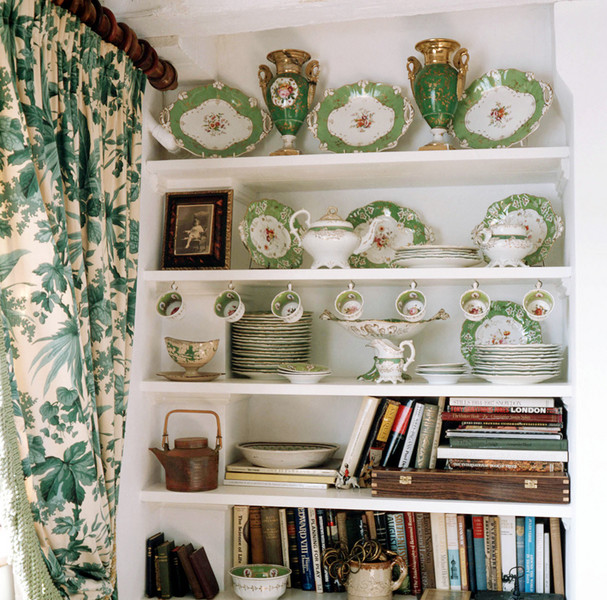 Where to give unnecessary things Photos: Getty
Where to give unnecessary things Photos: Getty
Imagine that you are moving
What will you take with you?No, you don't have to rush to pack all your household belongings into boxes. Just choose the things you really love and put them aside (you'll supposedly take them with you), and then see what's left. Psychologists say that in everyday life we use no more than 20% of the things around us. Start with cookbooks. Take off the few that are completely covered in oil stains from frequent use and take a look at the shelf. Are you ready to pay money for this entire dusty library to migrate to your new home? Are these gifts really that dear to you, or will your pride suffer, because you bought them, comforting yourself with the thought that every Saturday you would master a new Thai dish? If not, find more grateful readers for these books, for example, by posting an ad on the otdam_darom forum. Tips
- Empty, not cluttered space does not irritate. In addition, it is easier to keep it clean and protect from dust.
- Imagine a potential buyer (or suddenly come to visit a relative), who inspects the apartment, looking at all corners. What should not he see?
- Buy baskets and storage boxes onlyafter you decide for yourself what you really need, and with which you regret without parting. This will help you choose the most suitable storage system for your home.
Why does it work?
- Nobody forces you to immediately throw out everythingunnecessary things. To begin with, it is enough to estimate the proportion of what is vitally important for you, and what you can not do without, but you also do well (just do not give yourself a report on it).
- If you have ever moved and paid money to the movers, it will be easier for you to motivate yourself to immediately cut off all unnecessary things.
Rate each room
Take a pen and a notepad and go through everythinghome, writing down on paper what each room serves you for. What do you (and your entire family) usually do in it? After that, write down the desired purpose of the room, even if the room does not currently meet this requirement. After that, it will be easier for you to sort out the mess. For example, if you want to use the bedroom only for its intended purpose, remove from the room all things that do not correspond to the main purpose. Remove from the "sleepy kingdom" receipts that are here for some unknown reason, all sorts of catalogs, a computer, finally. Hints
- Start with one room, holding the whole house in your head.
- Monofunctional room (as, for example,Living room in most houses) divide into several target areas. And if in the drawer of the chest of drawers in the living room there will be all the necessary accessories for packing gifts, and in the kitchen you will accidentally find a piece of festive tape or tape, you and all members of your family will know exactly where these subjects place.
Why does it work?
- This strategy serves as a basis for changes in theterm perspective. Looking at your house from the "bird's eye view", you will see how different activities and related attributes are randomly settled in the apartment space, such as documents, souvenirs or children's toys.
- To clear up blockages without prioritization forevery room is completely unproductive. Simply removing everything from the eyes, you essentially rearrange things from place to place, instead of organizing space. Sooner or later, the restless things will again be scattered all over the house.
Find a good goal
Getting rid of unnecessary things is much easier,if you know that they will bring tangible benefit to someone. Besides, it is so nice to give joy, and not curse yourself for wasted money. Dig through the Internet, newspapers, magazines and find some charitable organizations that collect things for orphanages, refugees, victims of natural disasters, etc. After all, even old books, children's clothes that your child has outgrown, or toys - all this is very much needed by someone, and right now. Tips
- Do not just leave unnecessary things on the street. It is better to follow their path and make sure that they fell into the hands of the needy. You can contact the charity and find out if they can arrange transportation of items from your home.
- First, find out exactly what things are takingorganization. And if they do not need a decent children's bicycle, sledges and skis, can they advise the organization where you can offer all this sports equipment.
- If the thing does not have a presentation or is not subject to repair, it is not necessary to search for it the second owners. She is in a garbage dump.
- Involve children in the cause of charity. Let them learn to give, without demanding anything in return.
How it works
- Lying around, things will probably be used by other people than they will wait for their hour in your house (or maybe it will not happen at all).
- You can get a tax deduction for donated things. But for this you must keep a record of the things handed out and indicate them in your tax return.









